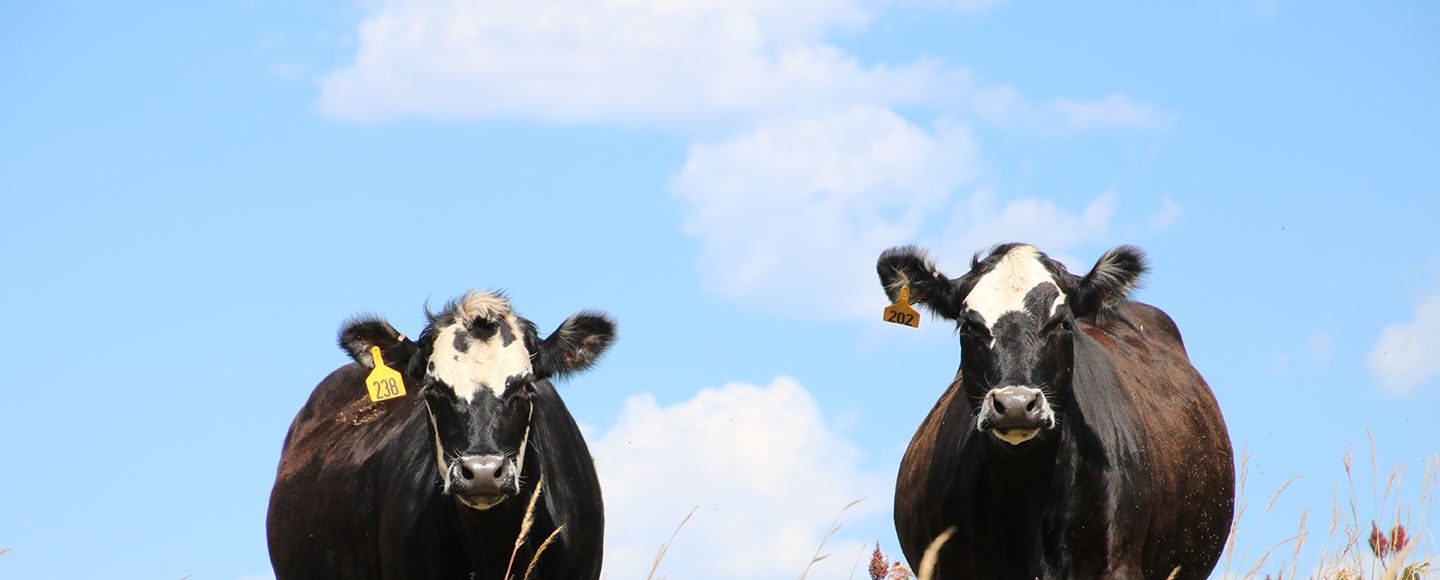
The Kansas Department of Agriculture Division of Animal Health now has confirmed cases of vesicular stomatitis virus (VSV) in horses and cattle on 60 premises in Butler, Chase, Cowley, Greenwood, Marion, Miami, Montgomery, Morris, Sedgwick and Sumner counties. Currently, there have been only two confirmed cases of VSV in cattle. All premises with confirmed cases or that have animals showing clinical signs consistent with the virus have been placed on quarantine.
Clinical signs include crusted scabs or blister-like lesions in the mouth and on the dental pad, tongue, lips, nostrils, ears, hooves and teats. Although VSV is not a critical health threat itself, the clinical signs closely mirror those of much more severe foreign animal diseases, such as foot-and-mouth disease (FMD). Cattle that exhibit signs of VSV must be investigated to rule out FMD. It is critical for all livestock operations to vigilantly monitor their herds, especially prior to moving them to markets or processing facilities. Foreign animal disease protocol is to delay slaughter at processing plants if animals exhibit clinical signs of VSV or FMD upon USDA inspection. If animals are sent to market, then discovered to be exhibiting signs, the entire shipment likely will be quarantined. This heightened vigilance is particularly applicable for any animals that have been feeding in the south central region of Kansas, but is encouraged for all livestock owners statewide.
The primary way the virus is transmitted is from biting insects like black flies, sand flies and midges. It also can be spread by nose-to-nose contact between animals. It is recommended livestock owners implement strict fly control measures, do not share equipment and avoid comingling with animals that may be infected.
Anyone who suspects animals may have the virus should contact their local veterinarian, as VSV is a reportable disease in Kansas. More information about the virus and its status in Kansas can be found at www.agriculture.ks.gov/VSV.